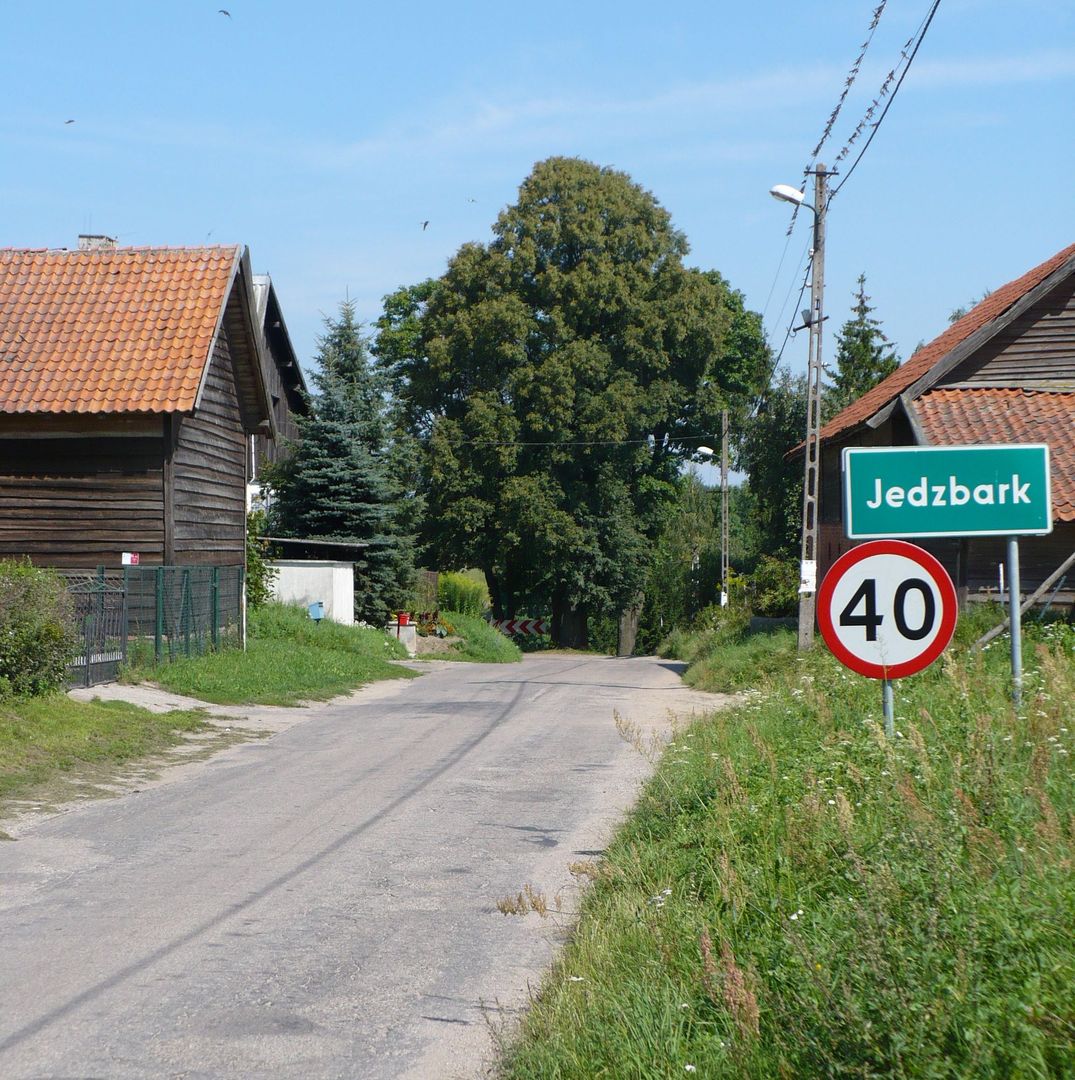Jedzbark
6.04

Overview
Jedzbark, formerly known as Jecpark and in German as Hirschberg, is a picturesque village in the Warmian-Masurian Voivodeship, within the municipality of Barczewo, nestled in a hilly landscape. The first mentions of the settlement date back to the 14th century, when it was established under Chełmno law by the Warmian bishop Jan Stryprock. The village was once home to a bishop's castle, considered one of the most beautiful in Warmia, which was destroyed in 1364 after being captured by the forces of the Lithuanian prince Kiejstut. Traces of ancient Prussian settlement can be found in the area, including discovered burial mounds and the fortified settlement "Palistka." The inhabitants of Jedzbark were engaged in agriculture, timber rafting, and hunting, and their cultural life was enriched by a school and a public library established in the 19th century. After World War II, the village experienced tragic events when many of its residents were murdered or deported deep into Russia. An architectural landmark is the modern chapel built in 1974, featuring a distinctive rotunda and an interesting interior layout. The village also boasts numerous roadside shrines and monuments commemorating war victims. The layout of the village is characterized by rectangular plots, and the residential buildings showcase Prussian style, made of red brick with roofs often covered in ceramic tiles. Among the figures associated with Jedzbark are local activists and teachers who contributed to the development of culture and education in the region. With its rich history and unique cultural heritage, Jedzbark is a fascinating place to explore local traditions and history.
Location
2026 Wizytor | All Rights Reserved